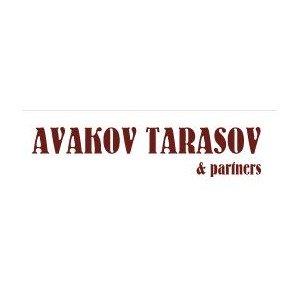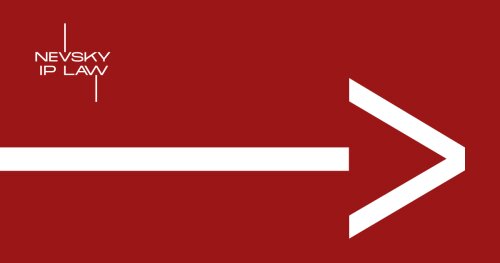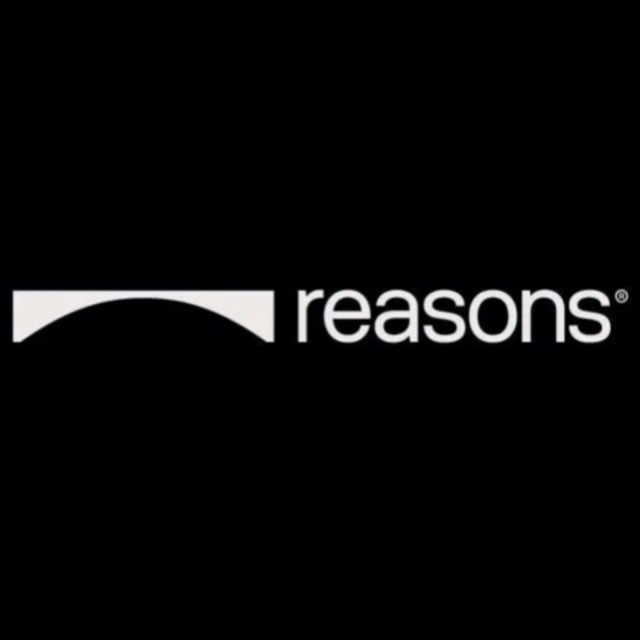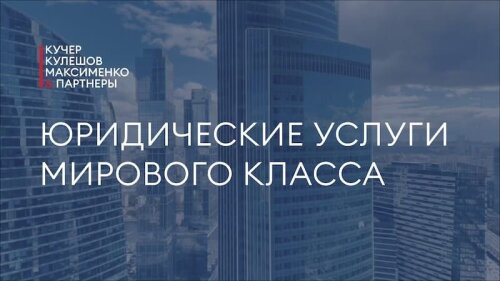Best Sports Law Lawyers in Russia
Share your needs with us, get contacted by law firms.
Free. Takes 2 min.
Or refine your search by selecting a city:
List of the best lawyers in Russia
About Sports Law in Russia
Sports Law in Russia encompasses the legal issues related to professional and amateur sports. This field covers a broad range, from contract negotiation for athletes and clubs to the regulation of sporting bodies and the resolution of disputes in sport. The development of sports law in Russia has paralleled the country's growing international presence in global sporting events, necessitating clear legal guidelines to manage issues like sponsorships, broadcast rights, anti-doping laws, and sports arbitration.
Why You May Need a Lawyer
There are several common situations where individuals or organizations may require legal assistance in sports law:
- Contract negotiations and disputes for athletes and coaches.
- Issues related to the ownership and governance of sports clubs.
- Legal compliance for events and competitions with national and international regulations.
- Intellectual property rights concerning sports brands, merchandise, and broadcasting rights.
- Disciplinary proceedings, such as doping violations or conduct issues.
- Injury claims and liability issues during sports events.
Local Laws Overview
Russian sports law is governed by several key pieces of legislation:
- The Federal Law on Physical Culture and Sport, which provides the legal framework for physical education and sports policies.
- The Anti-Doping Rules, aligning with international standards set by the World Anti-Doping Agency (WADA).
- Labour laws concerning contracts with athletes, coaches, and other sports personnel.
- Regulations concerning the organizational structure and management of sports federations and clubs.
- Guidelines for the resolution of sports disputes, often involving arbitration and mediation processes.
Frequently Asked Questions
What is the primary legislation governing sports in Russia?
The primary legislation is the Federal Law on Physical Culture and Sport which lays down the legal framework for sports development and management.
How are doping violations handled under Russian law?
Doping violations are managed according to the Anti-Doping Rules that align with international standards and include strict penalties and sanctions for violations.
Can foreign athletes play for Russian clubs?
Yes, foreign athletes can join Russian clubs, but they must comply with the visa, registration, and employment requirements stipulated under Russian law.
What is the role of the Ministry of Sports in Russia?
The Ministry of Sports is responsible for formulating and implementing policies on physical culture and sports, managing national sports federations, and overseeing international sports cooperation.
How are sports disputes resolved in Russia?
Sports disputes are generally resolved through arbitration and mediation, with the Court of Arbitration for Sport (CAS) being a common venue for international disputes.
Are there special labor laws for sports professionals?
Yes, labor laws that apply specifically to sports professionals are part of the broader Russian labor law framework, particularly regarding contracts, rights, and obligations.
What are the intellectual property considerations in sports law?
Considerations include trademarks for team logos and merchandise, copyrights for media broadcasts, and rights associated with sports sponsorships and endorsements.
What recourse do athletes have for unfair dismissal from sports teams?
Athletes can seek legal redress through judicial proceedings or arbitration, depending on the terms of their contract and the nature of their dismissal.
How are broadcasting rights managed in Russia?
Broadcasting rights are managed through contractual agreements between media companies and sports organizations, often requiring legal oversight to ensure compliance with international standards.
What organizations offer assistance or governance related to sports law in Russia?
Key organizations include the Ministry of Sports, the Russian Olympic Committee, and various national sports federations that provide governance and support structures.
Additional Resources
If you require more information or assistance, consider the following resources:
- The Ministry of Sports of the Russian Federation - offers guidelines and updates on sports regulations.
- The Russian Anti-Doping Agency (RUSADA) - provides information on anti-doping regulations and compliance.
- National sports federations - offer sport-specific legal advice and oversight.
- Legal textbooks and publications on Russian sports law for academic insight and case studies.
Next Steps
If you find yourself in need of legal assistance in sports law in Russia, consider the following steps:
- Identify the specific legal issue you need assistance with, such as contracts, disputes, or compliance.
- Contact a lawyer or legal firm specializing in sports law. Research and choose professionals with experience and a good track record.
- Prepare all relevant documentation before consultations, including contracts, communications, and related legal documents.
- Discuss the timeframe and costs involved with the legal professional to understand the scope and implications of your case.
- Stay informed and involved throughout the legal process to ensure all aspects are addressed properly.
Lawzana helps you find the best lawyers and law firms in Russia through a curated and pre-screened list of qualified legal professionals. Our platform offers rankings and detailed profiles of attorneys and law firms, allowing you to compare based on practice areas, including Sports Law, experience, and client feedback.
Each profile includes a description of the firm's areas of practice, client reviews, team members and partners, year of establishment, spoken languages, office locations, contact information, social media presence, and any published articles or resources. Most firms on our platform speak English and are experienced in both local and international legal matters.
Get a quote from top-rated law firms in Russia — quickly, securely, and without unnecessary hassle.
Disclaimer:
The information provided on this page is for general informational purposes only and does not constitute legal advice. While we strive to ensure the accuracy and relevance of the content, legal information may change over time, and interpretations of the law can vary. You should always consult with a qualified legal professional for advice specific to your situation.
We disclaim all liability for actions taken or not taken based on the content of this page. If you believe any information is incorrect or outdated, please contact us, and we will review and update it where appropriate.
Browse sports law law firms by city in Russia
Refine your search by selecting a city.















